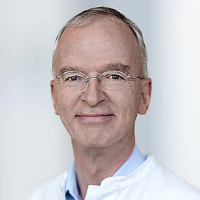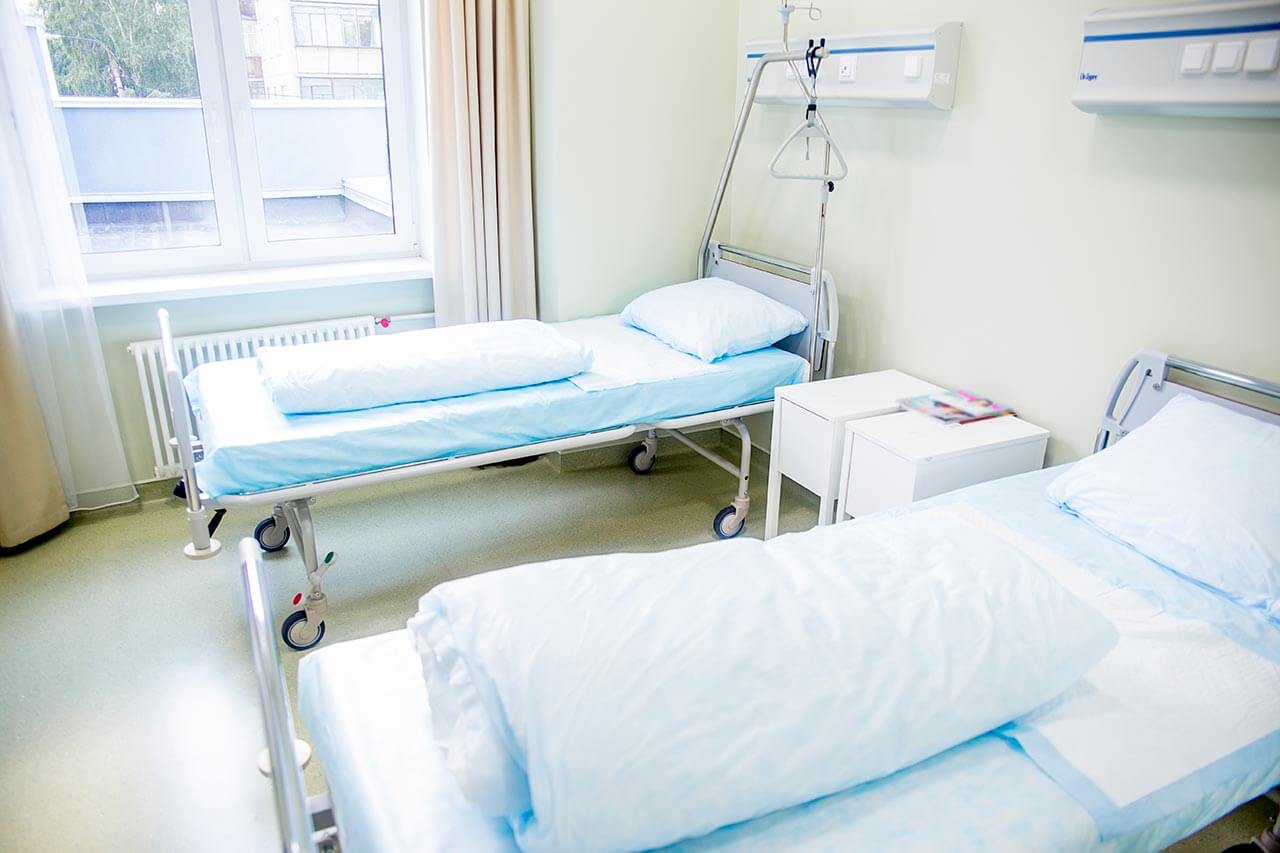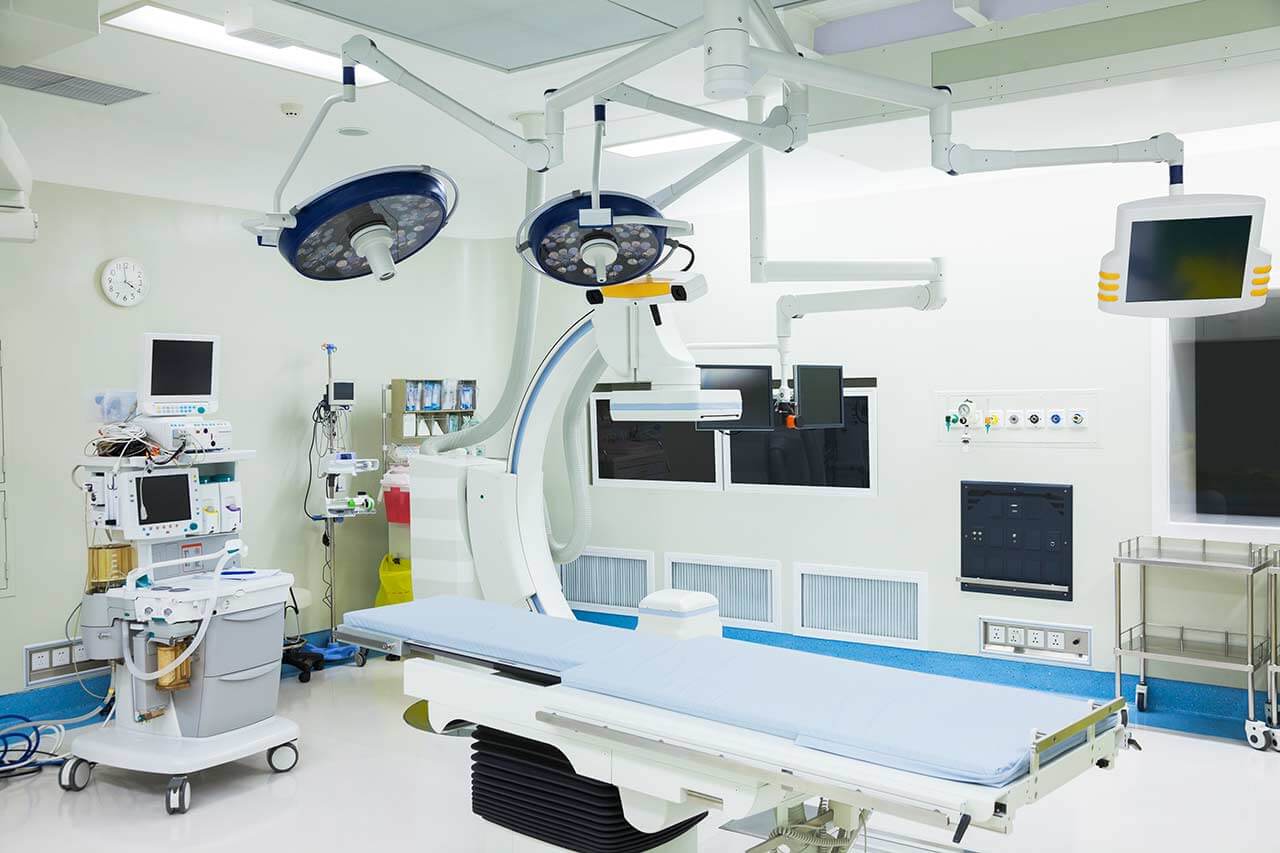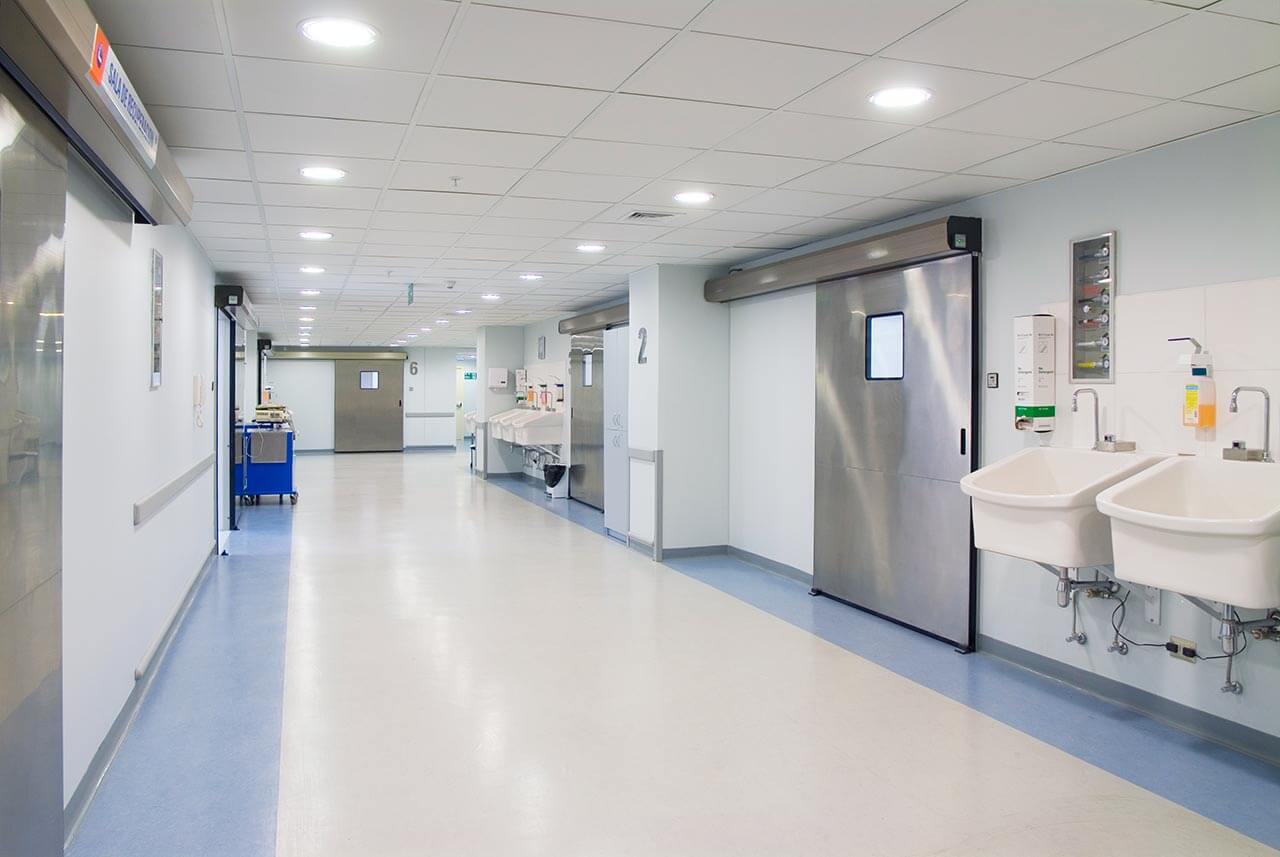
About the Department of Pediatric Neurology and Epileptology at University Hospital Oldenburg
The Department of Pediatric Neurology and Epileptology at the University Hospital Oldenburg specializes in the diagnosis and treatment of diseases of the nervous system in children and adolescents aged 0 to 18 years. The team of doctors in the department treats young patients with epilepsy, chronic headaches and migraines, malformations of the nervous system, cerebral palsy, inflammatory and neurodegenerative diseases of the brain, neuromuscular diseases, and traumatic brain injuries. The department also provides medical care for children with congenital metabolic disorders. The medical facility annually admits over 1,000 inpatients for treatment and approximately 2,800 more children and adolescents receive outpatient care. Diagnostic and therapeutic services are provided in accordance with the recommendations of the German Society of Neuropediatrics (GNP), and the department also strictly follows current clinical protocols. The medical facility has been awarded the Ausgezeichnet. FÜR KINDER certificate, which is the most prestigious quality certificate for children's hospitals in the German healthcare system. The department is headed by Prof. Dr. med. Christoph Korenke.
The treatment of epilepsy in children is one of the primary clinical tasks of the department's doctors. Epilepsy is a chronic disease of the brain in which the child develops a persistent predisposition to spontaneous seizures. The main manifestation of the pathology is an epileptic seizure, during which muscle spasms, tremors or abnormal body movements, abnormal eye movements, and other unpleasant symptoms appear, up to loss of consciousness. The intensity, duration, and frequency of epileptic seizures vary from child to child. Diagnosis is based on family history data, neurological examination, results of laboratory blood and urine tests, and electroencephalography; in some cases, brain CT and/or MRI scans may also be required. The department's doctors successfully use drug therapy with the latest generation of anticonvulsants to treat epilepsy in children. Medication is supplemented by normalization of the child's daily routine, correction of diet, and moderate physical activity. To achieve a successful result, it is necessary to strictly follow the doctor's instructions, in particular the dosage and regimen of the anticonvulsant drug prescribed by the neurologist.
An equally important focus of the daily work of the pediatric neurologists in the department is the medical care of patients with cerebral palsy (CP). This neurological disease causes a complex of disorders that affect the child's ability to move and maintain balance and posture. CP develops as a result of damage to the child's central nervous system during intrauterine development, at childbirth, or in the first 1-2 years of life. The pathology can occur in a mild form with minor motor limitations or cause complete paralysis. In many cases, CP is accompanied by speech and mental retardation. In order to make a diagnosis, the pediatric neurologists of the department study the child's family history, ask about the peculiarities of pregnancy and the child's development in the first months of life, perform a clinical examination with assessment of muscle tone and reflexes, and also carry out instrumental studies such as electroencephalography, electromyography, electroneurography, transcranial magnetic stimulation, neurosonography, and CT and/or MRI of the brain. After a comprehensive examination, the department's specialists begin to develop an optimal treatment regimen. To date, there are no methods that can completely eliminate cerebral palsy. However, if a child receives timely qualified medical care, he or she has a high chance of a decent standard of living without serious limitations. Treatment tactics are determined individually for each young patient, taking into account the form of the disease, the severity of symptoms, the age of the child, and his or her general health. In most cases, a combination of symptomatic drug therapy, botulinum therapy to eliminate spasticity, physiotherapy procedures, exercise therapy, mechanotherapy, kinesiotherapy, massage, psychotherapy, and speech therapy is used.
The medical team of the department also has extensive experience in the treatment of chronic headache in children, inflammatory diseases of the brain (encephalitis, meningitis, and myelitis), neurodegenerative diseases of the brain (juvenile parkinsonism, multiple sclerosis, Huntington's disease), and neuromuscular diseases (muscular dystrophies, congenital myopathies, hereditary neuropathies, spinal muscular atrophy). In the course of the therapeutic process, modern medications, physiotherapeutic procedures, exercise therapy, and other therapeutic measures are used. The specialists of the department conduct individual consultations with the parents of young patients, during which they explain in detail the chosen treatment tactics and their expected results. Active participation of parents in the therapeutic process is encouraged.
The department's range of medical services includes the following:
- Diagnostics and treatment of epilepsy
- Diagnostics and treatment of cerebral palsy
- Diagnostics and treatment of chronic headaches and migraines
- Diagnostics and treatment of malformations of the brain and spinal cord
- Diagnostics and treatment of inflammatory diseases of the brain
- Diagnostics and treatment of neurodegenerative diseases of the brain
- Diagnostics and treatment of congenital malformations of the brain and genetically determined developmental delays
- Diagnostics and treatment of neuromuscular diseases
- Diagnostics and treatment of diseases of the peripheral nervous system
- Diagnostics and treatment of traumatic brain injuries
- Diagnostics and treatment of other neurological diseases in children
Photo of the doctor: (c) Klinikum Oldenburg AöR




